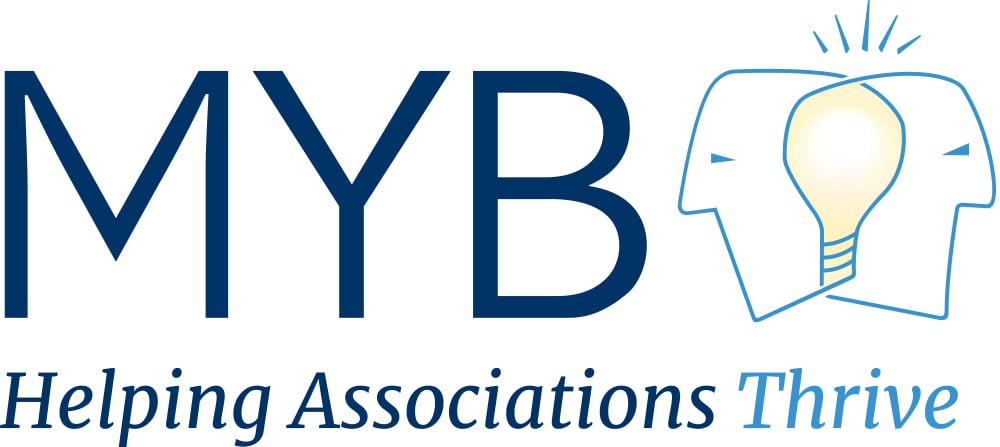Navigating the Landscape of Virtual Events
by Scott Falvey, on March 11, 2020
Associations across the globe are reconsidering their event strategy, and it’s not just because of the current COVID-19 pandemic. As technology has improved and made virtual events a viable option, several organizations have been taking advantage of the significant time and cost savings, increased engagement opportunities and greater flexibility offered by going virtual.
If you are considering making the jump to a virtual conference experience, you'll want to ensure that the features of the virtual event platform you select align with your organization's goals. A virtual conference represents an opportunity to showcase your brand to a potentially new audience segment while empowering your participants with networking and knowledge-sharing opportunities that do not exist in a typical conference environment.
As you weigh the pros-and-cons of moving to a virtual event format, it’s important to keep in mind the following factors:
Event Environment: Are you looking for a basic platform that may have minimal engagement opportunities, like Zoom or GoToWebinar, or are you planning for a more immersive experience, like vFairs, that features an event lobby, exhibitor hall, avatars for participants and rich interactive features like audio/video chat and webinars? Other platforms, like INXPO, even offer gamification features that encourage attendees to participate.
Setup Time: Some event platforms may take weeks or months to learn and set-up, while others can be set-up rather quickly. If you have exhibitors that will need to set up virtual booths, you'll want to ensure that process is user-friendly. Some providers, like vFairs offer assistance for booth set-up.
Metrics and Feedback: One of the major advantages of virtual events is that most have built-in functionality that tracks every login, click, download and share. While some platforms, like INXPO or WorkCast, offer robust real-time reports that allow you to see which booths are being most visited and which sessions have the greatest attendance, others only provide surface-level stats on event attendance.
Accessibility: Although, the idea of hosting a virtual event is that it should be easily accessible for everyone from everywhere, not all platforms are mobile-friendly like WorkCast. In addition to mobile accessibility, you may want to consider platforms that offer multi-lingual capabilities, such as vFairs and 6Connex.
Marketing Services: There is a wide-range of what to expect when it comes to provider marketing services and communication tools. While some providers offer complete end-to-end conference marketing services , others may not offer any assistance for creating awareness for your event. Customized landing pages, templated emails and social media integration are common features for more sophisticated platforms, like INXPO.
Customer Support: If your team is fairly tech-savvy, you may not need much assistance preparing for your event. However, there may be times that you wish you had an extra level of support. For example, if you have a small staff, a full-service option may be your best route. Or, you may find that you only need occasional tech support to customize the look of an exhibitor booth. Providers like vFairs offer a dedicated event manager who will look after your conference in real-time and help troubleshoot any technical issues as they arise.
Hosting Services: Some providers offer the ability to record your event and host it for you to play on-demand. Others, like 6Connex allow your attendees to have permanent access to virtual booths, presentations, downloadable materials and more.
Budget: Pricing starts at $150/month for basic plans, but quickly escalates to several hundred dollars per month depending upon the provider. If you are planning to offer virtual events regularly, contact the provider directly to see if they can provide a customized quote for your specific needs. If this is a one-time event, you’ll need to weigh your budget against the features that are most important to you.
Regardless of which provider you choose, virtual events not only offer greater flexibility and cost-saving opportunities, but they also present the opportunity to attract new attendees, speakers and exhibitors, while exploring new revenue channels.
Are you looking for more resources to optimize your conferences?
|
Re-imagining & Re-investing in Your |
Designing a Better Attendee Journey |


